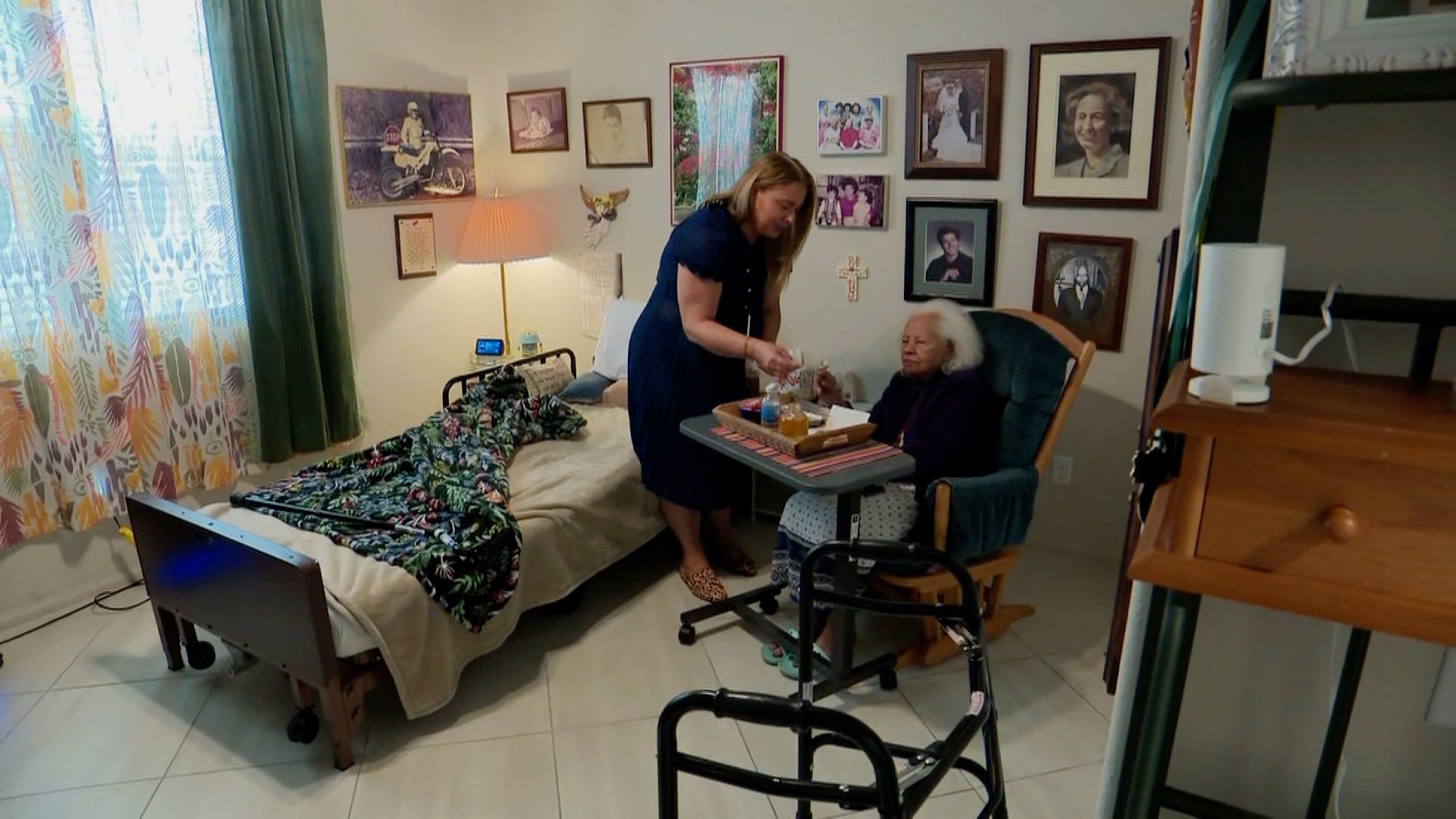The Sanctuary Senior Allison: Your Trusted Elderly Living Community
The Sanctuary Senior Allison: Your Trusted Elderly Living Community
Blog Article
Personalized Memory Treatment Programs: Supporting Cognitive Involvement and Emotional Well-being
Customized memory care programs have actually become an important aspect of offering alternative treatment for people dealing with cognitive obstacles. These programs exceed traditional methods by tailoring interventions to fulfill the special needs of each person. By concentrating on cognitive engagement and psychological health, these programs aim to boost the lifestyle for those with memory problems. The relevance of such personalized care hinges on its capacity to advertise cognitive feature and nurture psychological health, eventually resulting in improved results for individuals looking for customized support.
Advantages of Personalized Memory Care Programs
When tailored to individual requirements, customized memory treatment programs offer considerable advantages in improving cognitive operating and psychological health. These programs are developed to offer tailored support and interventions that accommodate the distinct demands of each person, taking into consideration factors such as their cognitive capacities, individual choices, and previous experiences. By tailoring activities and therapies to match the details needs of the locals, customized memory care programs can aid enhance cognitive capabilities such as memory retention, analytic skills, and decision-making procedures.

Relevance of Cognitive Involvement
Cognitive engagement plays a critical duty in preserving mental skill and general cognitive health and wellness in individuals with memory disabilities. Involving the mind via different activities such as problems, reminiscence therapy, and sensory excitement can help enhance cognitive abilities and reduce cognitive decline. By actively including individuals in promoting tasks, memory treatment programs can advertise neuroplasticity, which is the mind's capability to reorganize itself by forming new neural connections. This procedure is important for finding out, memory, and general cognitive functioning.

Enhancing Psychological Wellness
Emotional well-being plays a fundamental role in the alternative treatment strategy for people with memory problems. Enhancing psychological health in memory treatment programs is vital for promoting a better high quality of life for citizens. People with memory impairments typically experience a range of emotions, consisting of confusion, irritation, and anxiety. Addressing these emotions through individualized treatment strategies can bring about raised sensations of comfort, protection, and overall joy.
Executing approaches to boost emotional wellness involves developing a helpful and caring environment where people feel comprehended and valued. This can include supplying possibilities for social communication, involving in purposeful tasks that bring happiness, and offering emotional support through thoughtful treatment practices - Memory Care Allison. Furthermore, cultivating a sense of independence and freedom can improve self-confidence and self-confidence, positively affecting emotional well-being

Tailored Strategy for Individuals
Individualized treatment plans customized to the special needs and choices of residents create the cornerstone of reliable memory care programs, making sure a personalized approach that fosters psychological health and cognitive engagement. By tailoring care plans to fit each read what he said individual's certain needs, memory treatment centers can give targeted support that addresses the challenges and toughness of locals with cognitive problems. This customized strategy entails carrying out extensive assessments to recognize the person's background, interests, cognitive capabilities, and psychological triggers.
These tailored activities not just enhance cognitive functioning however also promote emotional well-being by stimulating positive memories and feelings. In essence, a tailored method for individuals in memory care programs is essential for giving alternative and efficient treatment that advertises cognitive involvement and emotional health.
Supporting Cognitive Function
Carrying out targeted cognitive enhancement methods is essential in memory care programs to sustain locals in maintaining and boosting their cognitive capabilities. These methods involve tailored activities developed to boost different cognitive functions, such as memory, interest, problem-solving, and language skills. By integrating tasks like problems, brain games, reminiscence therapy, and sensory stimulation workouts, memory care programs can aid locals boost their cognitive feature and my explanation hold-up cognitive decrease.
Additionally, promoting cognitive function in memory care programs consists of producing an atmosphere that fosters psychological stimulation and engagement. This can be accomplished via structured regimens, clear communication methods, and opportunities for discovering and social communication. Encouraging homeowners to join decision-making processes, setting achievable goals, and offering positive reinforcement for cognitive achievements are likewise reliable strategies in advertising cognitive function.
Furthermore, including technology-based cognitive training programs and customized cognitive rehab strategies can even more improve cognitive function in homeowners with memory impairments. By continuously reviewing and changing these methods based on residents' progress and requires, memory care programs can successfully promote cognitive function and overall wellness in people getting care.
Conclusion
In final thought, personalized memory treatment programs supply various benefits for people with cognitive disability. By focusing on cognitive engagement and emotional wellness, these customized strategies promote overall cognitive function.
Report this page